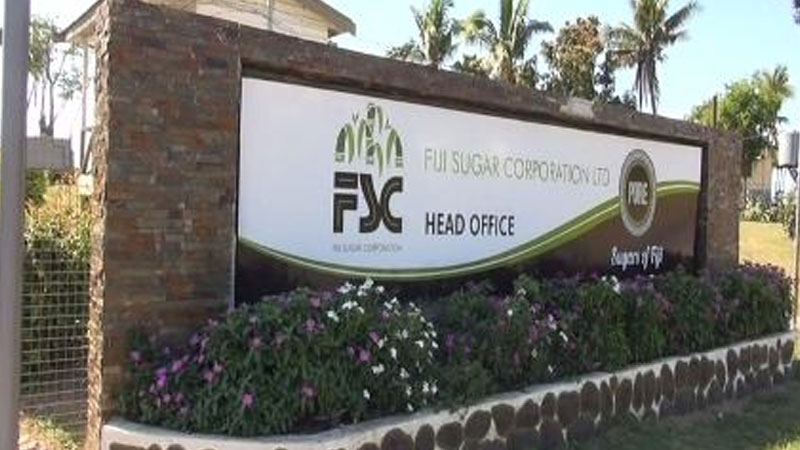
The Fiji Sugar Corporation says 79,996 tonnes of Fiji Sugar and 38,000 Tonnes of Molasses have been exported with a total revenue of $66.584 million.
FSC says the total gross payments to the growers in the year 2021 for Lautoka was $42.173 million, Rarawai growers were paid a total gross of $61.176 million and Labasa $49.810 million.
The company says despite the challenging conditions, the total cane crop for 2021 was 1.41 million tonnes, and FSC is now looking forward to 2022, with a focus on increasing the crop size to 2 million tonnes in the new season.
FSC also says 2021 sugar recovery is up by 7% despite a historically challenging season which included two tropical cyclones, a global pandemic, and the closure of ports which delayed the arrival of parts for critical maintenance.
Upon conclusion of the 2021 Sugar Crushing Season, FSC has reported an improvement in tonnes of cane to tonnes of sugar (TCTS) by 7% for the 2021/22 year.
FSC Chair, Pradeep Lal says the farmers, cane cutters and lorry drivers, and FSC team are living proof of our Fijian resilience.
Lal says while there were expected decreases in some areas in terms of production, the industry has really stepped up, and going forward they are expecting a lot of positive growth.
He says one of their key priority areas, moving forward, will be to bolster climate resilience within the sugar industry, as the effects of climate change naturally have an enormous impact on agricultural industries, like sugar.
FSC Chief Executive Officer, Bhan Pratap Singh says their teams are working hard to maintain their mills to ensure continuity of operations.
Singh says moving forward, targeted investments are planned for the 3 sugar mills with the goal of increasing reliability.
FSC says some challenges that impacted production this season include the COVID-19 pandemic, two catastrophic tropical cyclones, Yasa and Ana that struck in the early part of the growing period, as well as the impacts of climate change.
The company says the total cane to total sugar was maintained at 10.5, though the mill encountered difficulties in cane supply due to a boycott imposed at the start of the season.
Burnt cane also increased by 40% adversely impacting sugar recoveries, Rarawai Mill’s season length was also reduced by 4 weeks and the mill encountered mechanical problems with the Sugar Drier equipment commissioned during the Sugar Technology Mission Upgrade.
Stay tuned for the latest news on our radio stations


